Transparency Concerns: State Officials' Rome Trip And Corporate Funding
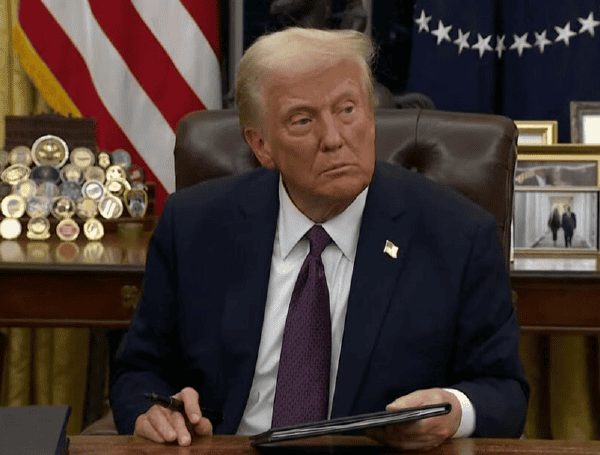
Table of Contents
Details of the Rome Trip: Who Went, When, and What Was the Purpose?
The Rome trip, undertaken between October 26th and November 2nd, involved five state officials: Governor Amelia Hernandez, Senator Marcus Riley, Representative Chloe Davis, Chief of Staff David Lee, and Economic Development Director Sarah Chen. The stated purpose of the trip was to "explore potential economic partnerships" with Italian businesses in the renewable energy sector.
- Participants: Governor Amelia Hernandez, Senator Marcus Riley, Representative Chloe Davis, Chief of Staff David Lee, Economic Development Director Sarah Chen.
- Dates of Travel: October 26th - November 2nd.
- Stated Purpose: Exploring potential economic partnerships with Italian businesses in the renewable energy sector.
- Itinerary (Partial): Meetings with representatives from Enel Green Power, visits to renewable energy facilities, and attendance at a renewable energy conference.
However, discrepancies exist between the publicly stated itinerary and reports emerging from social media. Photographs show the officials attending a high-profile fashion show and dining at several expensive restaurants, raising questions about the true nature of the trip and how much time was genuinely dedicated to its stated purpose. This raises serious concerns about the effective use of public funds and the potential for misuse of taxpayer money. These inconsistencies further fuel the already significant government transparency concerns.
Corporate Funding: Sources and Amounts
The Rome trip was partially funded by three corporations: Energia Solare Inc. ($50,000), ItalTech Solutions ($30,000), and RomaInvest Group ($20,000). The nature of the funding is described as "sponsorship," although the exact nature of the services rendered in exchange for these substantial sums remains unclear. These contributions, especially when taken in the context of the questionable itinerary, have raised critical transparency in government issues.
- Energia Solare Inc.: $50,000
- ItalTech Solutions: $30,000
- RomaInvest Group: $20,000
[Insert links to any available documents detailing the funding here, if applicable]. The lack of readily available documentation further intensifies transparency concerns. This lack of clear financial disclosure is unacceptable and demands immediate redress.
Potential Conflicts of Interest
Several potential conflicts of interest arise from the trip. Energia Solare Inc. is currently lobbying the state legislature for a favorable tax break on renewable energy projects. Furthermore, Governor Hernandez's campaign received significant donations from ItalTech Solutions in the past. These connections raise serious questions about whether the trip served the public interest or primarily benefited the sponsoring corporations. This perceived lack of accountability is a major concern. The potential for ethical breaches demands thorough investigation.
Public Reaction and Calls for Accountability
The revelation of the Rome trip and its corporate funding has sparked a significant public outcry. News outlets have reported extensively on the perceived lack of transparency, while citizens have taken to social media to voice their concerns. Several watchdog groups have called for a full and transparent investigation into the trip's expenses and the potential conflicts of interest. This widespread public outcry has already led to calls for greater government oversight.
Existing Transparency Laws and Their Effectiveness
Current state laws regarding transparency and disclosure of government spending and lobbying activities are inadequate. While there are laws mandating the disclosure of campaign donations, the regulations surrounding sponsored trips and the definition of "sponsorship" remain vague and easily manipulated. This loophole allows for situations like the Rome trip to occur with minimal accountability. We must strengthen lobbying regulations and ensure that all disclosure requirements are clear and effectively enforced. Significant legal reform is required to close existing loopholes and to prevent similar incidents in the future. This will help restore public confidence and bolster public trust.
Conclusion: The Urgent Need for Greater Transparency
The lack of transparency surrounding the state officials' Rome trip and its corporate funding highlights a critical weakness in our system of government. The potential conflicts of interest and the questionable use of public funds underscore the urgent need for greater accountability and stricter transparency laws. We must demand more from our elected officials. Demand greater transparency from your state representatives regarding government spending and corporate funding. Let's work together to ensure that all future trips and funding are subject to rigorous scrutiny and complete transparency. Transparency is not just a desirable goal; it's the cornerstone of a functioning democracy.

Featured Posts
-
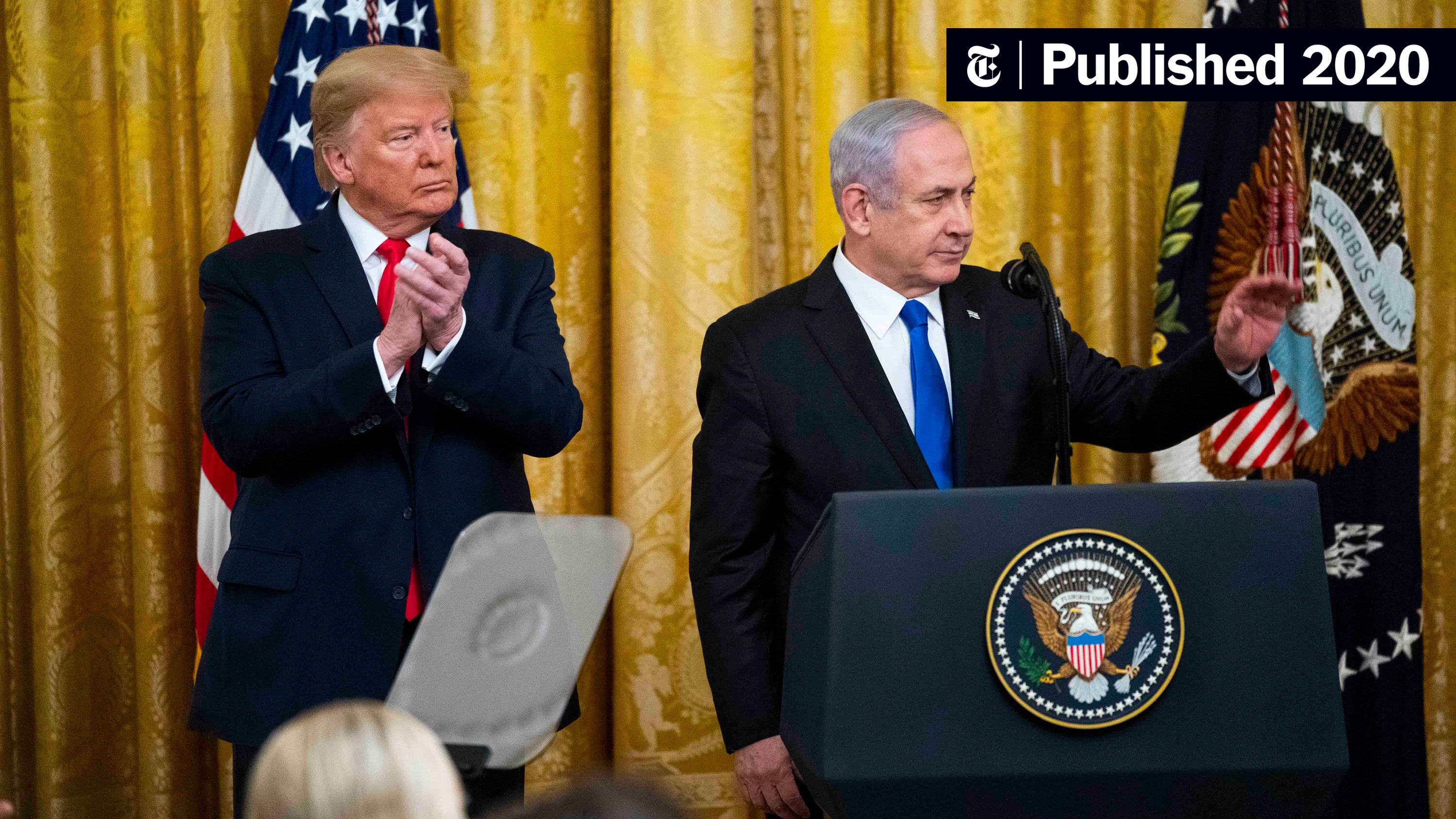 Evaluating The Outcomes Of Trumps Recent Middle East Trip
May 18, 2025
Evaluating The Outcomes Of Trumps Recent Middle East Trip
May 18, 2025 -
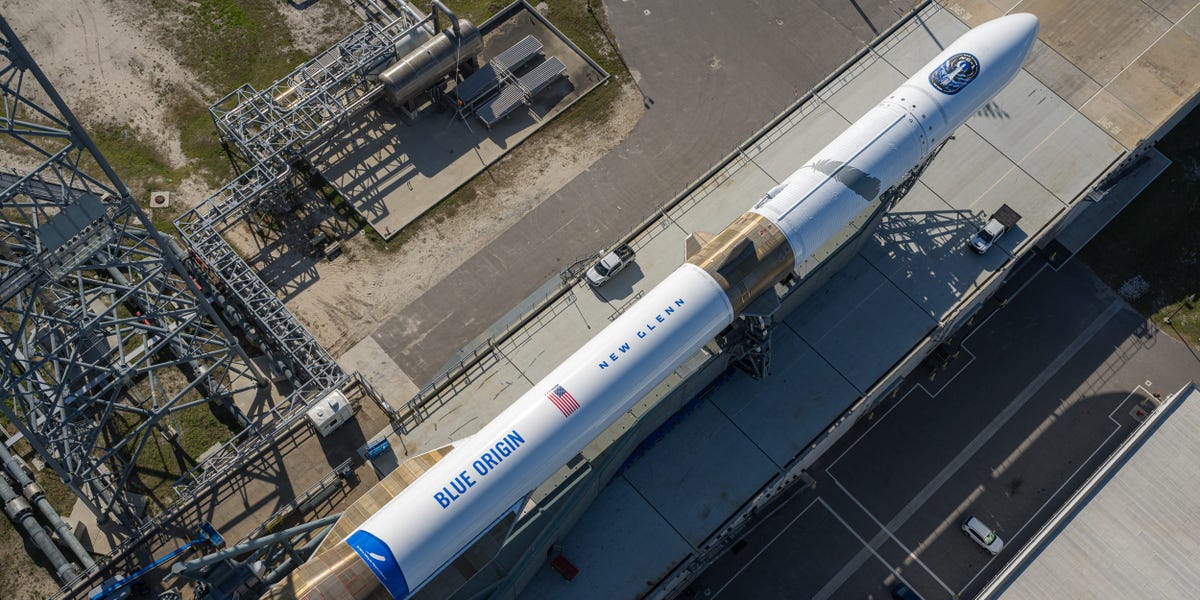 Blue Origin Cancels Launch Subsystem Issue Delays Mission
May 18, 2025
Blue Origin Cancels Launch Subsystem Issue Delays Mission
May 18, 2025 -
 Should Investors Worry About Elevated Stock Market Valuations Bof As View
May 18, 2025
Should Investors Worry About Elevated Stock Market Valuations Bof As View
May 18, 2025 -
 Mlb Home Run Prop Bets For May 8th Schwarber And More
May 18, 2025
Mlb Home Run Prop Bets For May 8th Schwarber And More
May 18, 2025 -
 Red Sox Cardinals Trade Solving Bostons Bullpen Woes
May 18, 2025
Red Sox Cardinals Trade Solving Bostons Bullpen Woes
May 18, 2025
Latest Posts
-
 Mike Myers Patriotic Snl Outfit Sparks Conversation The Canada Is Not For Sale Shirt
May 18, 2025
Mike Myers Patriotic Snl Outfit Sparks Conversation The Canada Is Not For Sale Shirt
May 18, 2025 -
 Mike Myers And Colin Mochrie Headline Toronto Charity Event
May 18, 2025
Mike Myers And Colin Mochrie Headline Toronto Charity Event
May 18, 2025 -
 Tna Sacrifice 2023 Mooses Absence And The Hardys Fate
May 18, 2025
Tna Sacrifice 2023 Mooses Absence And The Hardys Fate
May 18, 2025 -
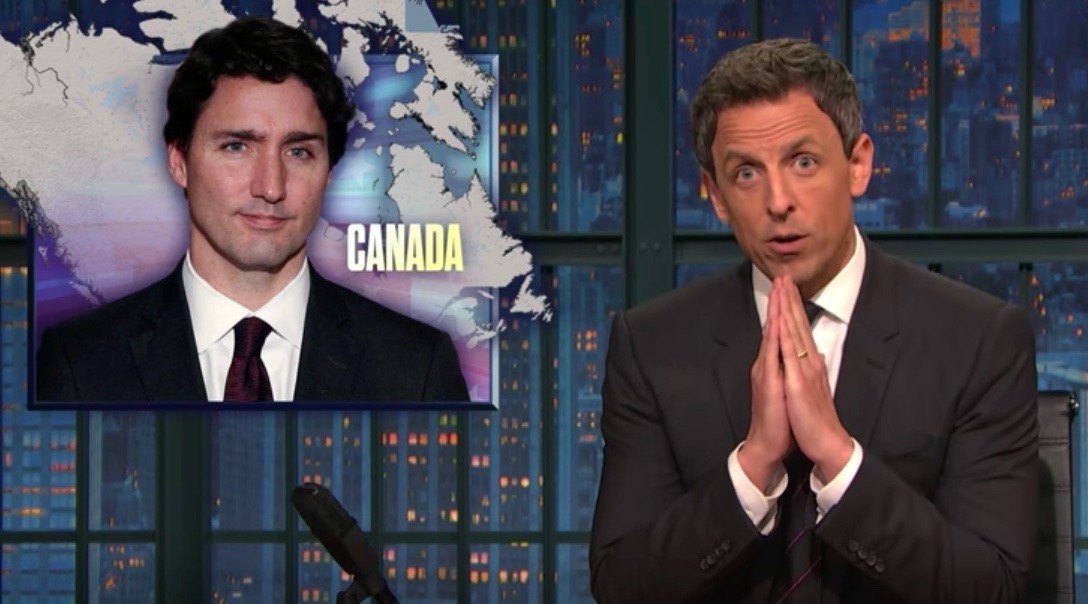 Canadian Pm Carney And Mike Myers Condemn Trumps Policies
May 18, 2025
Canadian Pm Carney And Mike Myers Condemn Trumps Policies
May 18, 2025 -
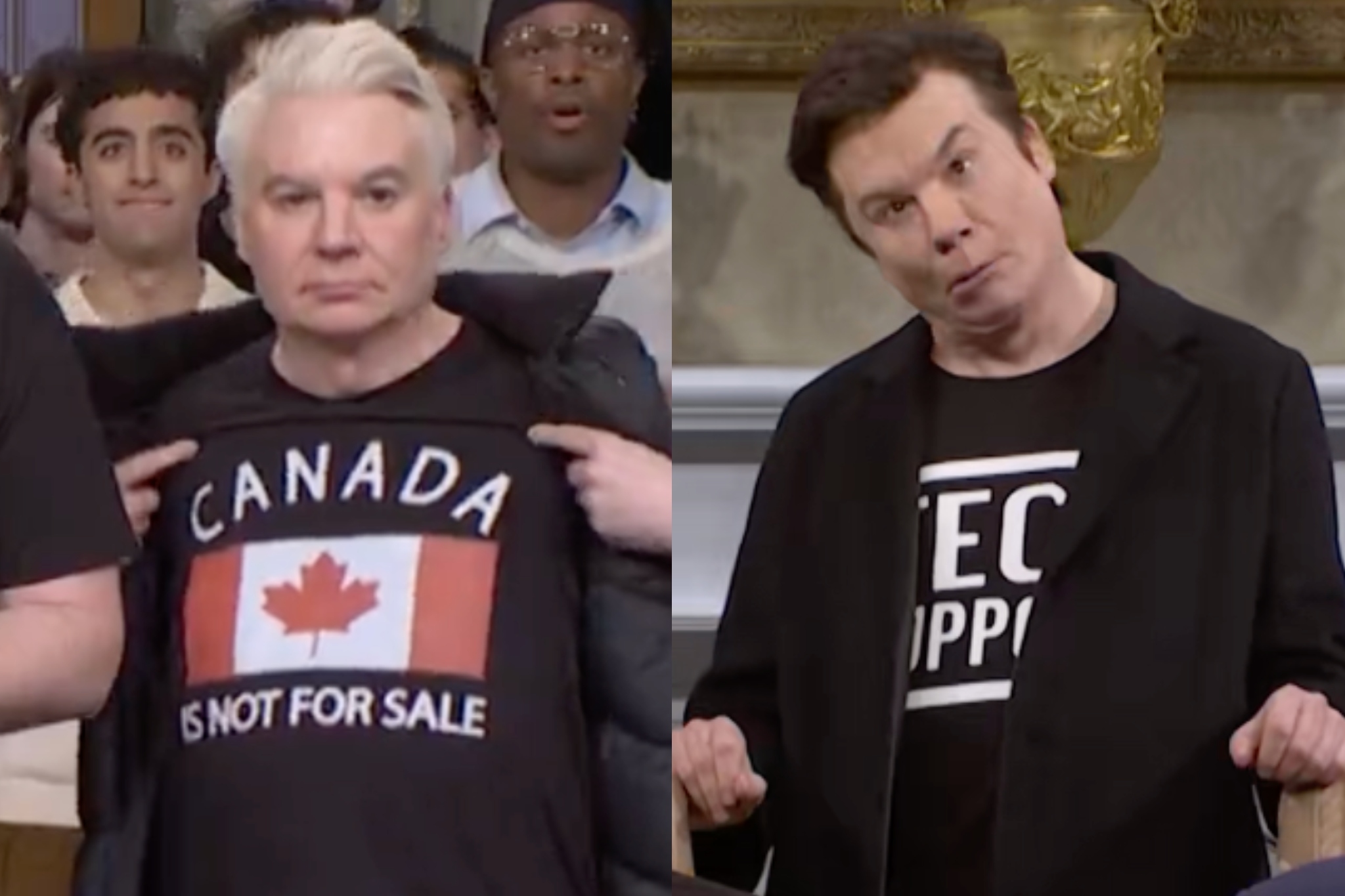 Mike Myers Canada Is Not For Sale Snl Shirt A Bold Statement
May 18, 2025
Mike Myers Canada Is Not For Sale Snl Shirt A Bold Statement
May 18, 2025
